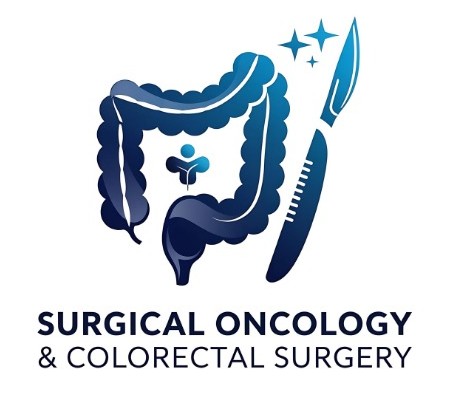Laparoscopic Upper GI & Esophageal Surgery
Laparoscopic upper gastrointestinal (GI) and esophageal surgery involves minimally invasive techniques used to treat conditions affecting the stomach, esophagus, and other upper digestive organs. These surgeries are typically performed to address issues such as esophageal cancer, gastroesophageal reflux disease (GERD), achalasia, and other esophageal or stomach disorders. Using small incisions and a camera (laparoscope), surgeons can access the affected areas, offering greater precision, less pain, and faster recovery than traditional open surgery.
Symptoms Indicating the Need for Laparoscopic Upper GI & Esophageal Surgery
Chronic heartburn or acid reflux that doesn’t respond to medications.
Difficulty swallowing (dysphagia) or feeling of food getting stuck in the chest.
Unexplained weight loss, nausea, or vomiting.
Persistent chest pain or discomfort.
Signs of esophageal cancer or precancerous conditions.
Chronic coughing or hoarseness caused by acid reflux.
Overcome Anxiety with Us Laparoscopic Upper GI & Esophageal Surgery
Understanding the procedure can ease a lot of the worry. Laparoscopic surgeries are minimally invasive, meaning they involve smaller incisions and typically result in quicker recovery times than traditional open surgery. Discussing the procedure in-depth with your surgeon, understanding what to expect, and being aware of the steps involved can reduce uncertainty.
We are here to help you
Laparoscopic surgery for the upper GI and esophagus is highly effective and offers improved quality of life, with most patients returning to regular activities faster compared to traditional open surgery. Always consult with your healthcare provider to discuss whether this surgical option is appropriate for your condition.

